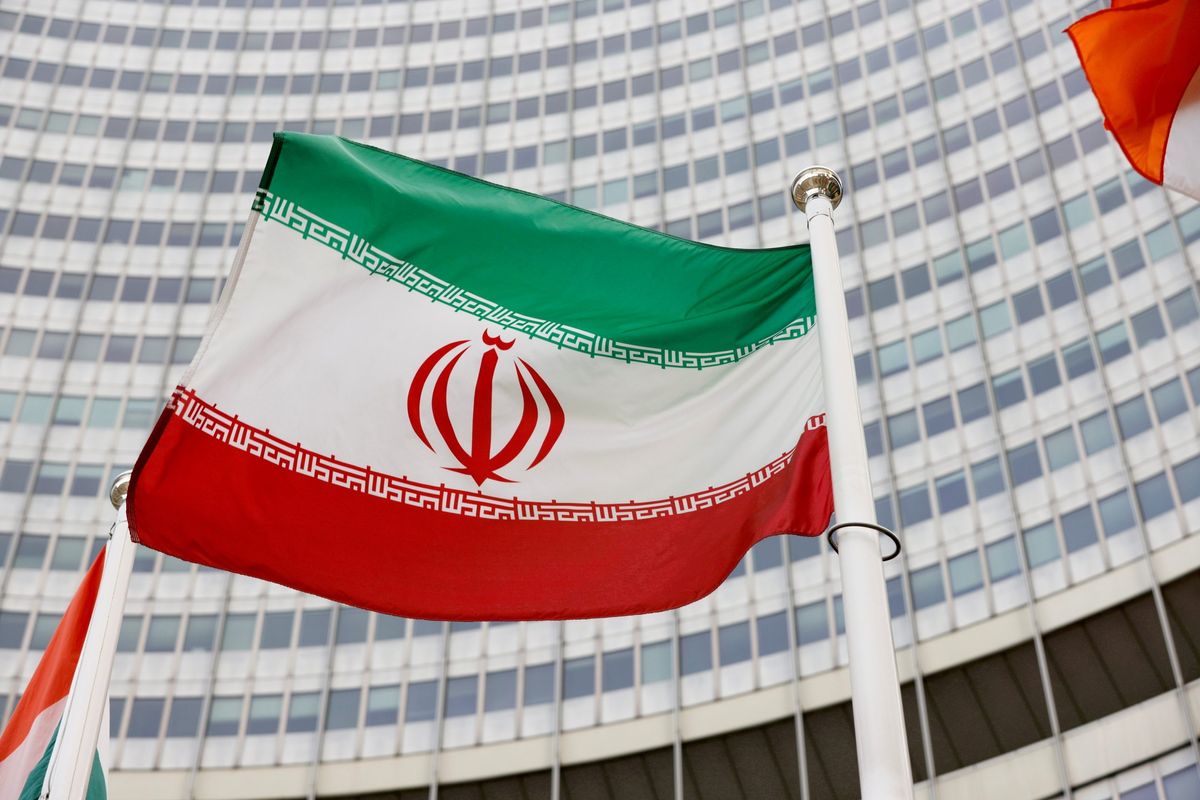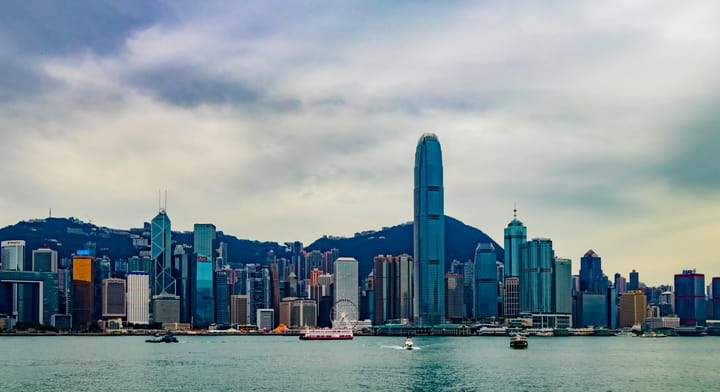World powers are trying to revive the Iran nuclear deal this week. Here’s what you need to know

A few minutes every morning is all you need.
Stay up to date on the world's Headlines and Human Stories. It's fun, it's factual, it's fluff-free.
This is the first time the P5+1 has met with Iranian officials since June when a new government was elected in the country.
What’s the JCPOA, again?
- The Joint Comprehensive Plan of Action (JCPOA), also known as the Iran nuclear deal, is an international agreement that was reached in 2015 between Iran and the P5+1, along with the European Union.
- The P5 includes France, Russia, China, the United Kingdom, the United States. With Germany, the group is dubbed the P5+1.
- The purpose of the agreement was to delay Iran’s development of nuclear weapons by making sure that the country agreed to limit its nuclear activities. It also involved allowing for some monitoring systems for the P5+1 to ensure that Iran was adhering to the agreement.
- This involved limiting the country’s uranium enrichment activities.
- Just for a bit of context, 20% uranium enrichment is beyond civilian-grade, meaning that it isn’t for things like nuclear reactors. And, around 90% of uranium enrichment is classified as weapons-grade.
- In exchange for agreeing to limit their nuclear activities, the West (and primarily the US) would give Iran billions of dollars in sanctions relief, which is a massive deal for Iran’s struggling economy.
What happened under the Trump administration?
- In 2018, the Trump administration pulled the US out of the JCPOA, trying to put more pressure on Iran by increasing sanctions and hoping to bring them back to the negotiating table in a weaker position.
- Instead of Iran coming back to the table, though, they actually accelerated their enrichment of uranium, and now, according to experts, Iran has reportedly enriched uranium to 60%.
- If this is true, this means that the country is only a month or so from being able to create weapon-grade nuclear fuel.
- And now, US President Joe Biden and his administration want to revive the deal and make the agreement last for 25 years instead of the original 15.
What nuclear talks are going on now?
- Last week, officials from the P5+1 and Iranian officials met in Vienna, Austria, for negotiations on the country’s nuclear weapons.
- This is the first time the P5+1 has met with Iranian officials since June when a new government was elected in the country.
- Western countries had hoped to use these talks as an opportunity to return to the Iran nuclear deal.
- But the thing is while Iran’s new government have said they also want to return to the JCPOA agreement, they seem to have essentially approached the negotiations with new demands.
- For example, now the Iranian government not only want all sanctions lifted, but it also wants to keep some of the investment it’s made in its nuclear development.
- So these talks in Vienna, which went through last week and will pick up this week, are a chance to figure out what the deal will look like moving forward and where compromises might be made.
What has everyone said about the talks so far?
- Well, there was initially some optimism after the first day of negotiations, when Iranian officials formally said they would negotiate the JCPOA.
- This is because before the meetings, there was a fear that Iran would demand a whole new agenda altogether and push only to get rid of sanctions instead of actually working toward a solution on the nuclear front.
- But by the end of the week, that optimism had faded as it seemed to become clearer that, according to Western diplomats, Iran was undermining the agreed points.
- “Iran right now does not seem to be serious about doing what’s necessary to return to compliance” to the agreement, said US Secretary of State Antony Blinken, “which is why we ended this round of talks in Vienna.”
- On Sunday, Israeli Prime Minister Naftali Bennett said, “I call on every country negotiating with Iran in Vienna to take a strong line and make it clear to Iran that they cannot enrich uranium and negotiate at the same time. Iran must begin to pay a price for its violations.”
- While Israel isn’t a part of the negotiations, the country has been maintaining communication with its US and EU allies. Previously, Bennett also called for the US to completely stop these negotiations, citing the high levels of uranium enrichment and calling it “nuclear blackmail.”
Did Israel have anything more to say?
- Not too much more this time around, but Israel has actually been somewhat opposed to the JCPOA from the start, saying it’s too lenient.
- Israel has also been on the ground trying to sabotage Iran’s efforts to enrich uranium.
- For example, intelligence officials say that Israel assassinated a top nuclear scientist and an Al Quaeda commander in Iran.
- There have also been some mysterious explosions at nuclear research facilities that have been attributed to the Israelis.
- These attempts, though, have had somewhat limited effects on Iran’s ability to enrich uranium and have reportedly meant that things like monitoring cameras and sensors have been destroyed in the process.
What’s next?
- It’s pretty hard to say, but that will mostly depend on how the rest of the talks in Vienna end up going.
- If members of the P5+1 come out of the rest of these negotiations with a sense of optimism, or better yet, some sort of concrete agreement, there could be hope for a return to the JCPOA.
- But if the diplomats come out of these negotiations with a sense that Iran is just unwilling to return to the agreement, the options become a little more grim. During this period, some have also said that the EU may also impose some sanctions on Iran.
- But ultimately, everything is really just speculation at this point, so it’s best to wait and see how the talks this week unfold.
You drive the stories at TMS. DM us which headline you want us to explain, or email us.







Comments ()